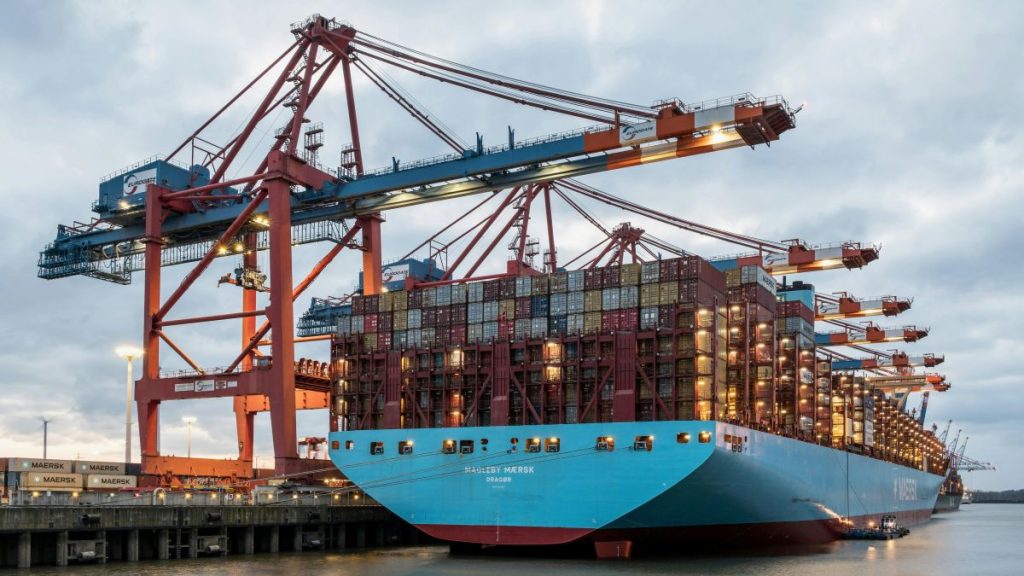Manufacturers and retailers weigh cost-cutting, supply chain diversification, and automation to mitigate impact.
With the U.S. bracing for steep tariffs under the new Trump administration, companies must act swiftly to manage rising import costs. Businesses that rely on foreign goods face difficult choices—either absorb increased expenses or pass them on to consumers, compounding inflationary pressures.
Navigating the Impact on Supply Chains
The uncertainty surrounding tariff implementation has left American businesses in limbo. Companies importing goods from affected nations may soon be forced to pay higher fees to U.S. Customs and Border Protection, raising costs across industries. While the administration aims to create a new External Revenue Service to collect payments from foreign entities, economic realities suggest that the burden will ultimately fall on U.S. firms and consumers.
Manufacturers are particularly vulnerable, especially those dependent on raw materials like steel, aluminum, and rare earth minerals. Increased tariffs on these materials could trigger a ripple effect, disrupting production timelines and escalating costs throughout supply chains. According to industry reports, businesses are already considering preemptive inventory stockpiling, sourcing domestic alternatives, or reassessing supplier relationships to offset risks.
Strategic Adjustments for Long-Term Stability
Consumer packaged goods (CPG) retailers are already feeling the strain. In anticipation of tariff hikes, companies have been fast-tracking imports, creating surges in inventory levels and overwhelming warehousing capacity. Industry analysts suggest that businesses must prioritize agility, incorporating risk diversification strategies such as regional warehousing, multimodal transportation, and AI-driven demand forecasting to maintain operational stability.
Beyond immediate cost-containment, supply chain leaders are looking to automation, predictive analytics, and expanded supplier networks to bolster resilience. According to a recent survey by Gartner, 72% of supply chain executives plan to increase investments in AI and automation to mitigate tariff risks and improve operational resilience. “Businesses that proactively integrate digital tools and flexible logistics models will not only manage trade disruptions but also gain a competitive edge in market agility,” said Mike Griswold, VP of Supply Chain Research at Gartner.
With geopolitical uncertainty at play, businesses must adopt forward-thinking strategies to navigate potential tariff disruptions. Those that invest in supply chain flexibility, automation, and diversified sourcing will be best positioned to weather the coming challenges and maintain competitive advantages in a volatile market.







